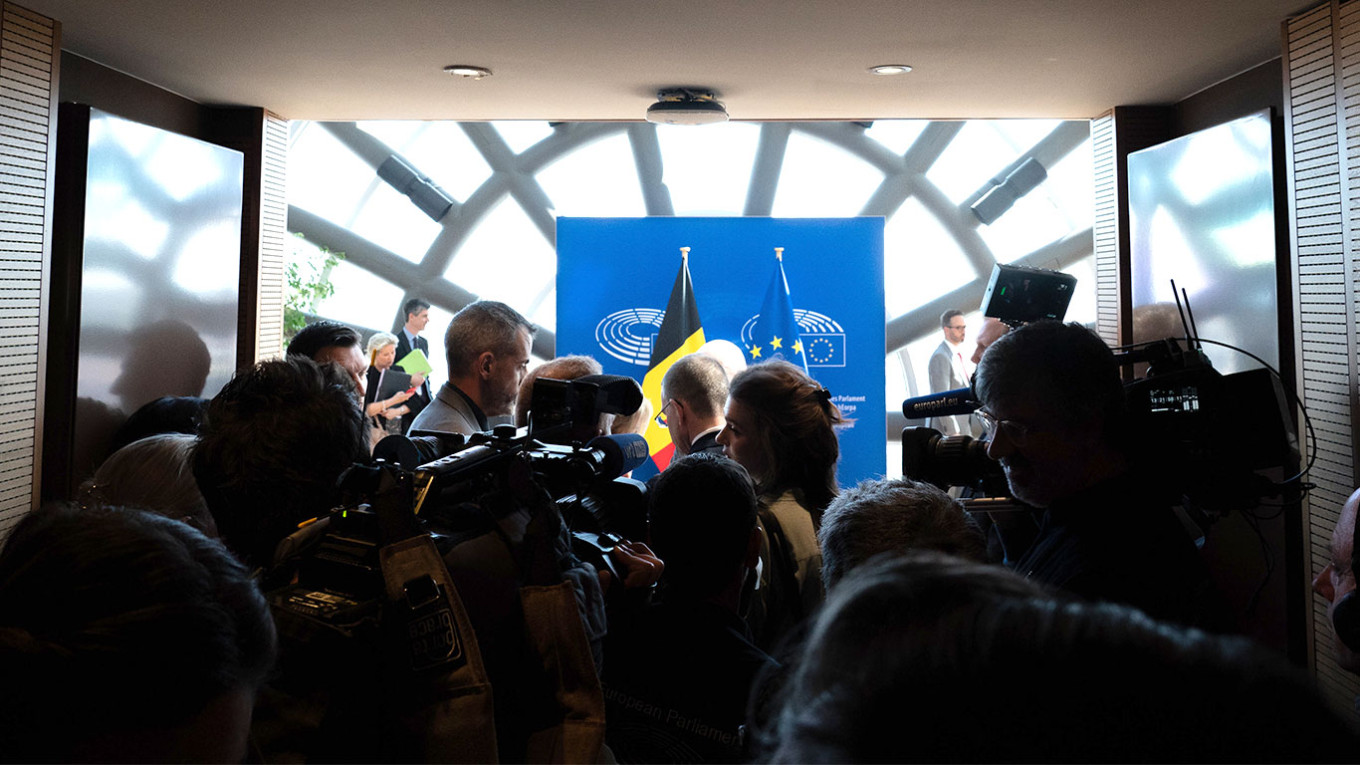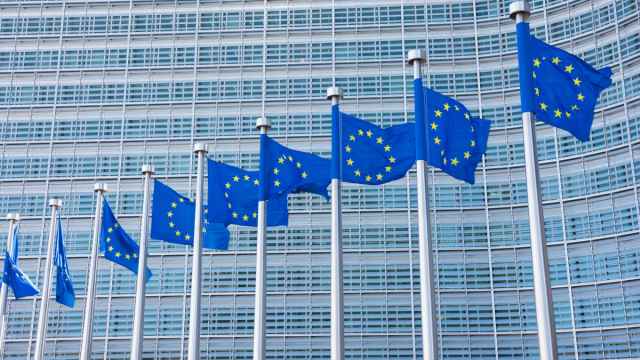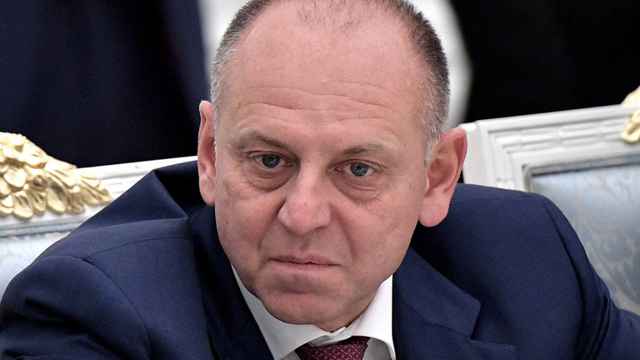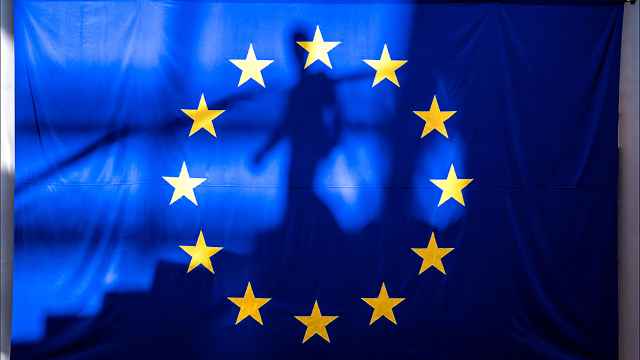Belgian prosecutors have opened an investigation into Russian "interference" in the European Parliament following allegations that lawmakers were paid to spread Kremlin propaganda, Belgian Prime Minister Alexander De Croo said Friday.
"Our judicial authorities have now confirmed this interference is subject to prosecution," De Croo said.
"The cash payments did not take place in Belgium, but the interference does. As Belgium is the seat of the EU institutions, we have a responsibility to uphold every citizen's right to a free and safe vote."
He said a summit of EU leaders next week would discuss the allegations, which have been raised just ahead of bloc-wide elections in June to choose a new parliament.
De Croo said Moscow's "clear" objectives were to "help elect more pro-Russian candidates to the European Parliament and reinforce the pro-Russian narrative in that institution."
A spokesperson for Belgium's prosecutor's office confirmed to AFP that a probe was launched on Thursday.
The Czech Republic last month said its intelligence service had discovered a network that used EU lawmakers to spread Russian propaganda through the Prague-based Voice of Europe news site.
Belgium says its own services have determined that some of the lawmakers were paid to promote Moscow's propaganda.
"If there would be a type of bribery — and our services indicate that payments have taken place — while you need two sides for that to happen, you have people who organize it, but you also have people to receive it," De Croo said.
Far-right politicians
EU lawmakers face strict rules regarding independence and ethics and can face penalties — financial and otherwise — if they violate them.
The Greens grouping in the European Parliament and a Czech newspaper said the lawmakers under suspicion come from Belgium, France, Germany, Hungary, the Netherlands and Poland.
The political news website Politico said it identified 16 EU lawmakers who had appeared on Voice of Europe, all of them far-right politicians.
The Czech newspaper Denik N and Germany's Der Spiegel magazine named two top German candidates from the far-right Alternative for Germany (AfD) party, Petr Bryston and Maximilian Krah, as politicians suspected of receiving Russian funds to spread the Kremlin talking points.
Bryston and Krah have denied receiving any payments. Denik N reported that Czech secret services had an audio recording implicating Bryston.
The European Parliament's main political groups have called for the legislature to also probe the alleged propaganda-peddling.
The revelation comes a year after the "Qatargate" bribery scandal, in which a number of EU lawmakers were accused of being paid to promote the interests of Qatar and Morocco. Both states have denied the accusations.
De Croo said Belgium was enacting a new law against such interference this week and was calling for more tools at the EU level to combat Russian propaganda and disinformation.
He said Belgian prosecutors would ask for an urgent meeting of the Eurojust agency that handles cross-border legal cooperation within the EU.
The Czech Republic has put Voice of Europe and two pro-Kremlin Ukrainian politicians — Viktor Medvedchuk and Artem Marchevsky — on its sanctions list in response to the pro-Russia network's activities.
A Message from The Moscow Times:
Dear readers,
We are facing unprecedented challenges. Russia's Prosecutor General's Office has designated The Moscow Times as an "undesirable" organization, criminalizing our work and putting our staff at risk of prosecution. This follows our earlier unjust labeling as a "foreign agent."
These actions are direct attempts to silence independent journalism in Russia. The authorities claim our work "discredits the decisions of the Russian leadership." We see things differently: we strive to provide accurate, unbiased reporting on Russia.
We, the journalists of The Moscow Times, refuse to be silenced. But to continue our work, we need your help.
Your support, no matter how small, makes a world of difference. If you can, please support us monthly starting from just $2. It's quick to set up, and every contribution makes a significant impact.
By supporting The Moscow Times, you're defending open, independent journalism in the face of repression. Thank you for standing with us.
Remind me later.






